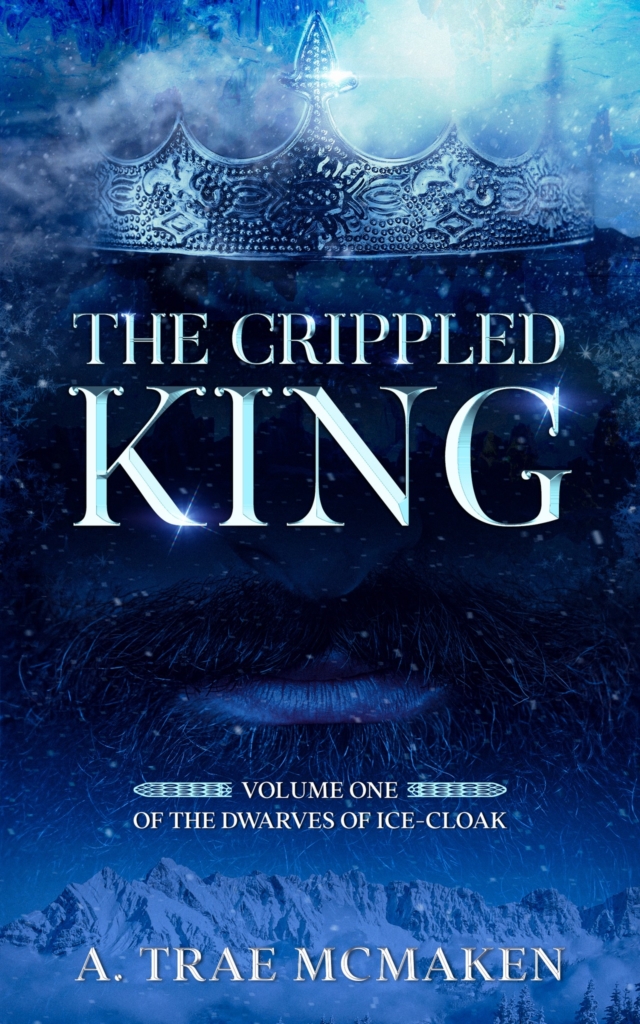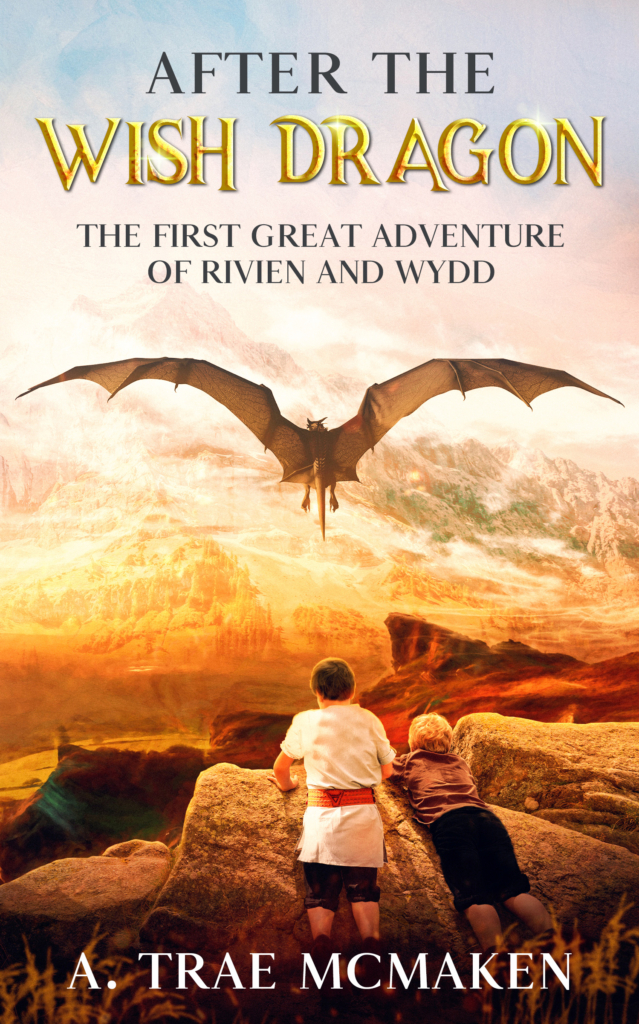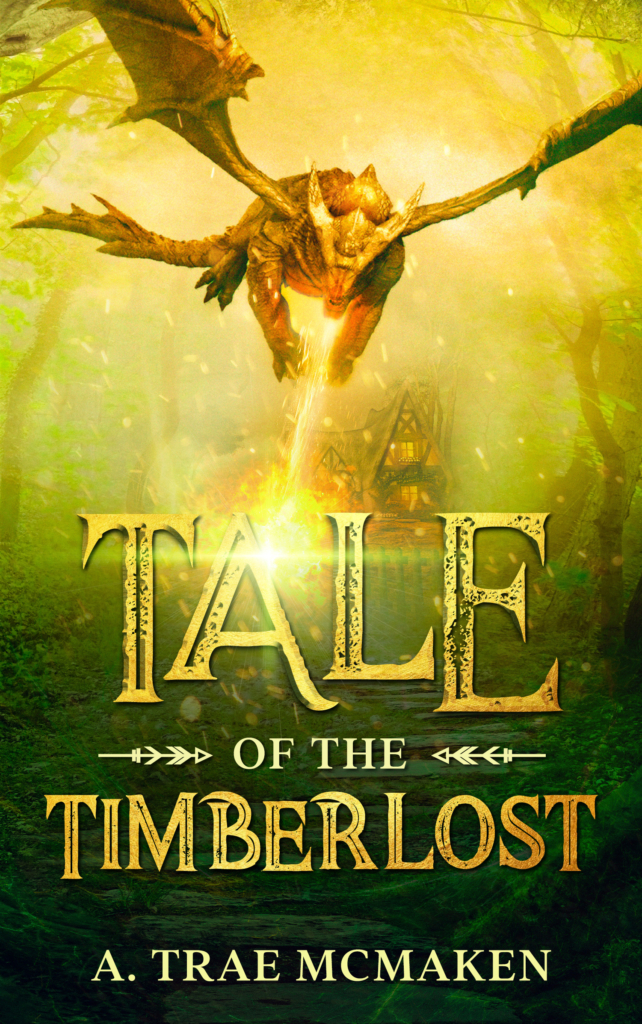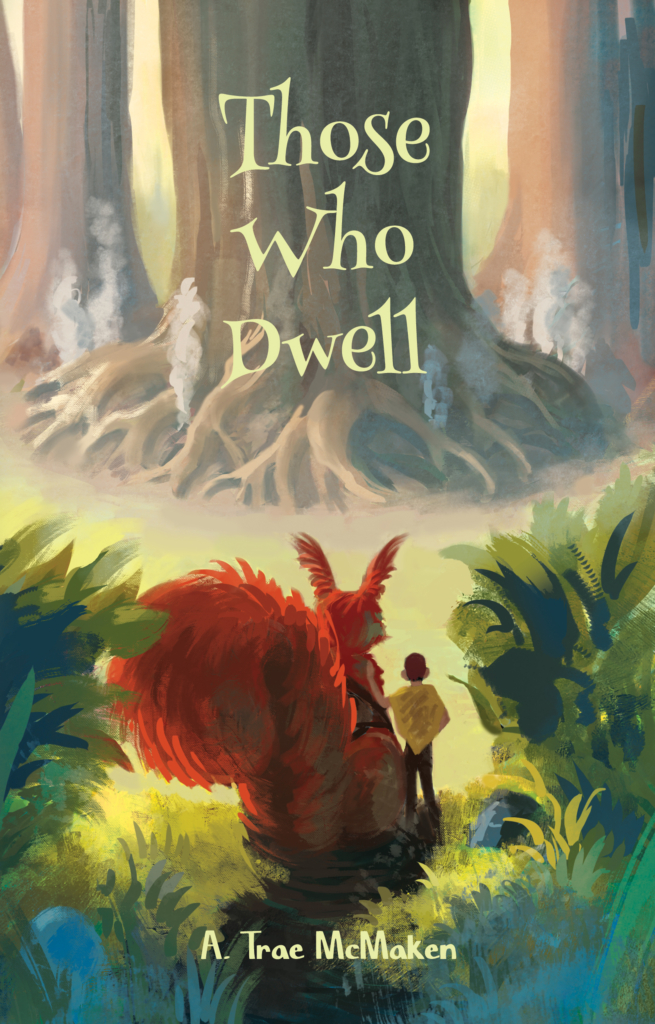Well, here we are - the year is half over already. Recommending is sort of becoming increasingly difficult, considering my own limitations, but I think I still got some left in me. I hope I found some good ones.
Reading: The 13 Clocks (1950) by James Thurber
Thurber was one of the most celebrated contemporary humorists of his time, particularly contributing to The New Yorker, and this wonderfully bent fairy tale - noted for its complex, rhythmic wordplay and hidden blank verse-style meter - is perhaps his masterpiece. Prince Zorn of Zorna seeks to wind the hand of the Princess Saralinda from her wicked uncle, the Duke of Coffin Castle, who believes that he has killed time. With an impossible task set before him as a rite of courtship, Prince Zorn must rely on the wiles of a remarkable man called the Golux in order to foil the Duke's sadistic schemes and bring the story to a happy resolution. Perhaps my favorite children's book, the story is immensely rewarding both to habitual readers and prospective writers. Not to be missed.
Trade: https://www.amazon.com/13-Clocks-Penguin-Classics-Deluxe/dp/0143110144/ref=tmm_pap_swatch_0?_encoding=UTF8&qid=1528214674&sr=8-1
Kindle: https://www.amazon.com/13-Clocks-Penguin-Classics-Deluxe-ebook/dp/B01K1ATYG4/ref=tmm_kin_swatch_0?_encoding=UTF8&qid=1528214674&sr=8-1
Viewing: Big Trouble in Little China (John Carpenter, 1986)
A commercial failure upon release and the prompt for Carpenter - director of horror classics such as Halloween and The Thing - to return to independent filmmaking, this martial arts fantasy-comedy is now one of his most highly rated works and a genuine cult classic. Truck driver Jack Burton (Kurt Russell) is thrust into more than he bargained for when a gangland kidnapping of his friend's fiancée in Chinatown leads to the fulfillment of an ancient curse placed on a centuries-old Chinese sorcerer, Lo Pan (James Hong). Now Jack and his friend must brave both the Chinese underworld and the secret mystical forces hidden within to set things right. A great film with great fun.
DVD: https://www.amazon.com/Trouble-Little-China-Kurt-Russell/dp/B000067J1G/ref=tmm_dvd_title_1?_encoding=UTF8&qid=1528214804&sr=1-3
Blu-Ray: https://www.amazon.com/Big-Trouble-Little-China-Blu-ray/dp/B0028ZDJF8/ref=tmm_mfc_swatch_0?_encoding=UTF8&qid=1528214804&sr=1-3
Amazon Video: https://www.amazon.com/Trouble-Little-China-Kurt-Russell/dp/B004WC5C2S/ref=tmm_aiv_swatch_1?_encoding=UTF8&qid=1528214804&sr=1-3
Reading: The 13 Clocks (1950) by James Thurber
Thurber was one of the most celebrated contemporary humorists of his time, particularly contributing to The New Yorker, and this wonderfully bent fairy tale - noted for its complex, rhythmic wordplay and hidden blank verse-style meter - is perhaps his masterpiece. Prince Zorn of Zorna seeks to wind the hand of the Princess Saralinda from her wicked uncle, the Duke of Coffin Castle, who believes that he has killed time. With an impossible task set before him as a rite of courtship, Prince Zorn must rely on the wiles of a remarkable man called the Golux in order to foil the Duke's sadistic schemes and bring the story to a happy resolution. Perhaps my favorite children's book, the story is immensely rewarding both to habitual readers and prospective writers. Not to be missed.
Trade: https://www.amazon.com/13-Clocks-Penguin-Classics-Deluxe/dp/0143110144/ref=tmm_pap_swatch_0?_encoding=UTF8&qid=1528214674&sr=8-1
Kindle: https://www.amazon.com/13-Clocks-Penguin-Classics-Deluxe-ebook/dp/B01K1ATYG4/ref=tmm_kin_swatch_0?_encoding=UTF8&qid=1528214674&sr=8-1
Viewing: Big Trouble in Little China (John Carpenter, 1986)
A commercial failure upon release and the prompt for Carpenter - director of horror classics such as Halloween and The Thing - to return to independent filmmaking, this martial arts fantasy-comedy is now one of his most highly rated works and a genuine cult classic. Truck driver Jack Burton (Kurt Russell) is thrust into more than he bargained for when a gangland kidnapping of his friend's fiancée in Chinatown leads to the fulfillment of an ancient curse placed on a centuries-old Chinese sorcerer, Lo Pan (James Hong). Now Jack and his friend must brave both the Chinese underworld and the secret mystical forces hidden within to set things right. A great film with great fun.
DVD: https://www.amazon.com/Trouble-Little-China-Kurt-Russell/dp/B000067J1G/ref=tmm_dvd_title_1?_encoding=UTF8&qid=1528214804&sr=1-3
Blu-Ray: https://www.amazon.com/Big-Trouble-Little-China-Blu-ray/dp/B0028ZDJF8/ref=tmm_mfc_swatch_0?_encoding=UTF8&qid=1528214804&sr=1-3
Amazon Video: https://www.amazon.com/Trouble-Little-China-Kurt-Russell/dp/B004WC5C2S/ref=tmm_aiv_swatch_1?_encoding=UTF8&qid=1528214804&sr=1-3





